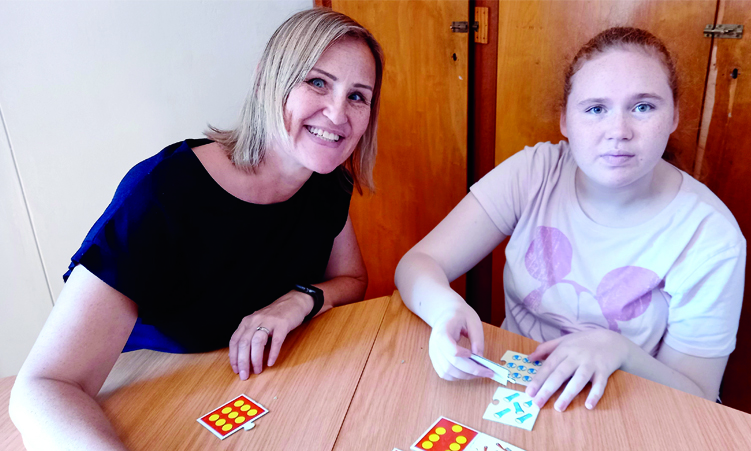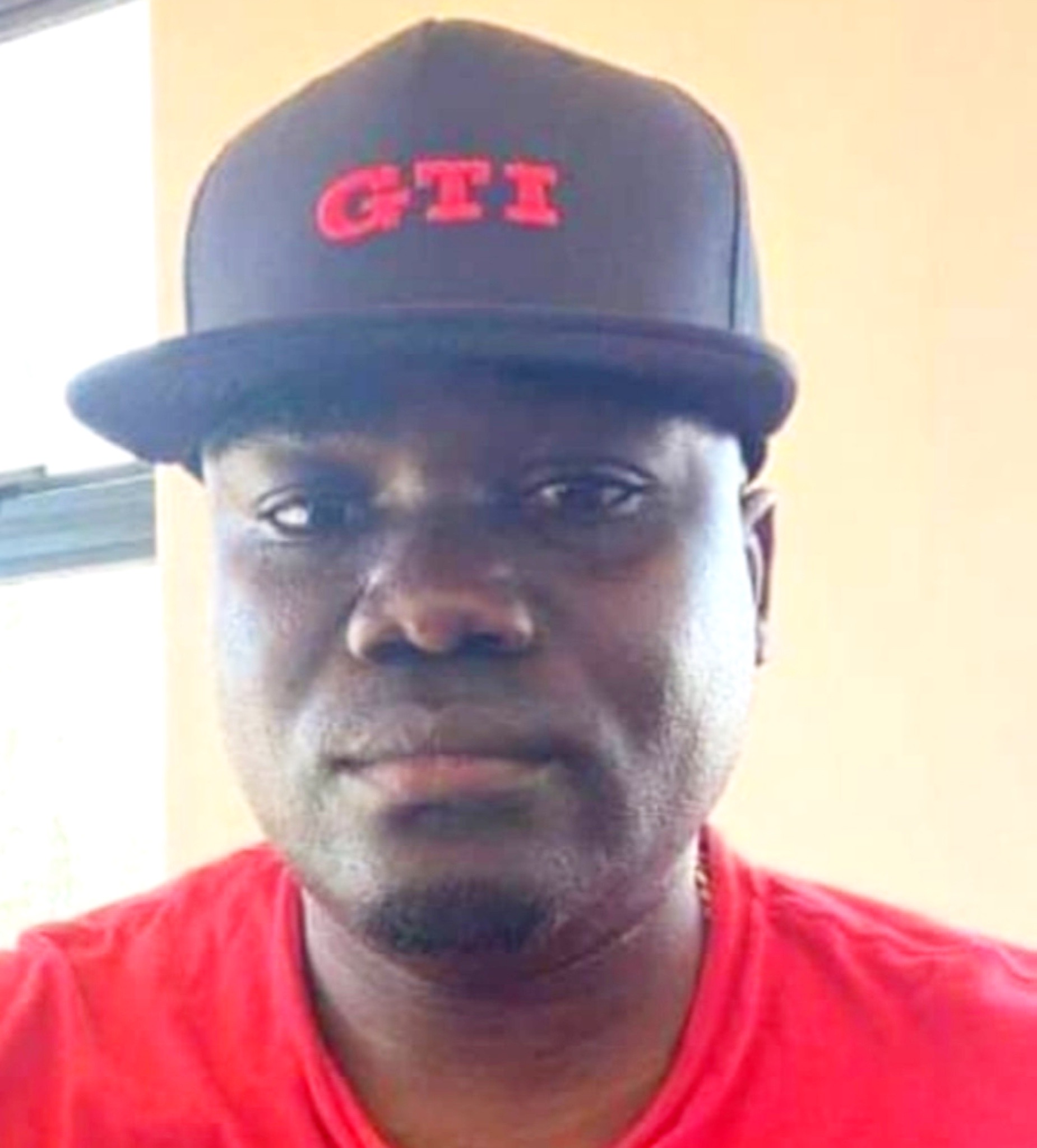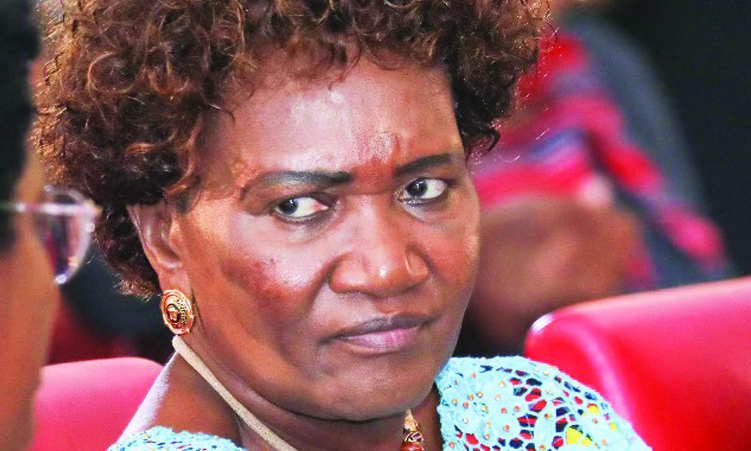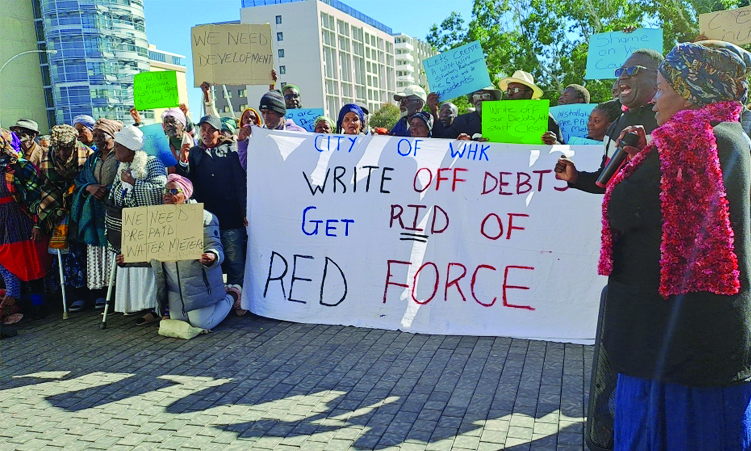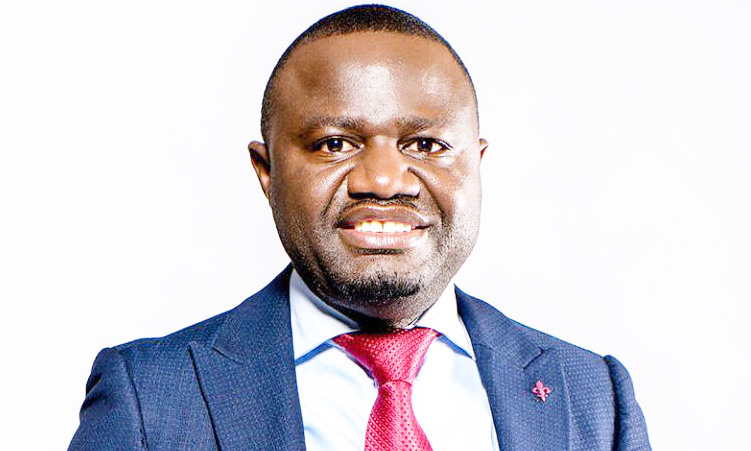Stepping Stone School at Swakopmund, the first registered private school in Namibia dedicated to providing specialised education for children with autism and learning difficulties, is planning to build a new facility to cater to at least 120 children with autism and other neurodiversities.
“Our mission is to provide a nurturing and supportive environment in which children with autism and learning difficulties can thrive. With this new facility, we can extend our services to more children in need, ultimately helping them reach their full potential,” the school’s founder and principal, Almarie Mostert, said during the launch of Autism Awareness Week, which was held in at the Swakopmund Museum on Monday.
In collaboration with the Swakopmund Scientific Society, the school, through the museum, is participating in global autism awareness efforts, particularly focused on supporting children with autism and their families.
As part of the initiative, the school has organised an opening event featuring health professionals and experts in the field talking about autism, aiming to raise awareness and foster understanding within the community.
Mostert said: “Autism is a spectrum, and people need to understand and accept that it’s okay to be different. Through our efforts, we aim to create a community that supports and embraces these children and their families.”
The preschool and primary school currently serve 44 pupils between the ages of 3 and 16, with plans to grow steadily.
Children can be admitted at the age of two years already.
The school is divided into two streams: complex needs and learning support.
Stepping Stone employs a combination of specialist approaches to teaching, tailoring instruction to each child’s individual abilities. Although English is considered its first language, the school also accommodates and supports pupils who speak German, Afrikaans, Oshiwambo, or Damara/Nama.
“We believe every child deserves the opportunity to learn and grow in a supportive and tailored environment,” Mostert said.
The new centre, of which the first phase will cost about N$10 million, aims to involve the local community, healthcare professionals, and organisations like Autism Namibia.
The facility will offer a holistic approach to education, providing diagnosis, therapy, schooling, life skills acquisition, social and communication skills development, and intensive monitoring of progress.
To raise funds for the new facility, the school is encouraging organisations and companies to sponsor parts of the project.
Construction is planned to start this year, with the goal of completing the project by the end of 2024.
The new school will be situated at Ocean View.
“This new centre will enable us to not only educate more children with autism, but also provide them with essential life skills and support that they need to flourish in society. We are determined to create a safe haven where these children can grow and learn without limitations,” Mostert said.
As part of the expansion, the centre plans to incorporate medical professionals and therapeutic rooms, as well as potentially adding facilities like swimming pools.
The school is also exploring the possibility of offering residential options in the future.
Mostert said the centre aims to help reduce stigma and promote acceptance.
Swakopmund pediatrician Dr Sebastian Gericke said that Namibia still has to do a lot of work when it comes to understanding people with autism and caring for them, adding that there was still much ignorance, superstition and even stigma, which is not just experienced by those on the autistic spectrum, but also their families.
“There are more people on the autism spectrum in Namibia than we are aware of, and hopefully with this type of awareness campaign and plans presented by Stepping Stones, it will add momentum to a national awareness,” he said during his presentation.
What is neurodiversity?
NEURODIVERSITY describes the idea that people experience and interact with the world around them in many different ways; there is no one ‘right’ way of thinking, learning and behaving, and differences are not viewed as deficits.
The word neurodiversity refers to the diversity of all people, but it is often used in the context of autism spectrum disorder (ASD), as well as other neurological or developmental conditions such as attention deficit hyperactivity disorder (ADHD) or learning disabilities.
The neurodiversity movement emerged during the 1990s, aiming to increase acceptance and inclusion of all people, while embracing neurological differences.
Through online platforms, more and more autistic people were able to connect and form a self-advocacy movement. Judy Singer, an Australian sociologist, coined the term neurodiversity to promote equality and inclusion of neurological minorities.
While it is primarily a social justice movement, neurodiversity research and education are increasingly important in how clinicians view and address certain disabilities and neurological conditions.
WORDS MATTER IN NEURODIVERSITY
Neurodiversity advocates encourage inclusive, nonjudgmental language. While many disability advocacy organisations prefer person-first language (‘a person with autism’), some research has found that the majority of the autistic community prefers identity-first language (‘an autistic person’). Therefore, rather than making assumptions, it is best to ask directly about a person’s preferred language, and how they want to be addressed.
Knowledge about neurodiversity and respectful language is also important for clinicians, so they can address the mental and physical health of people with neurodevelopmental differences.
NEURODIVERSITY AND ASD
ASD is associated with differences in communication, learning and behaviour, though it can look different from person to person. People with ASD may have a wide range of strengths, abilities, needs, and challenges. For example, some autistic people are able to communicate verbally, have a normal or above average IQ, and live independently. Others might not be able to communicate their needs or feelings, may struggle with harmful behaviours that impact their safety and well-being, and may be dependent on support in all areas of their life.
Additionally, for some people with autism, differences may not cause any suffering to the person themself. Instead, the suffering may result from the barriers imposed by societal norms, causing social exclusion and inequity.
Medical evaluation and treatment are important for individuals with ASD. For example, establishing a formal diagnosis may enable access to social and medical services if needed.
A diagnostic explanation may help the individual or their family understand their differences better and enable community connections. Additionally, neurodevelopmental conditions may also be associated with other health issues that require extra monitoring or treatment.
It is important that people who need and desire behavioural supports or interventions to promote communication, social, academic and daily living skills have access to those services in order to maximise their quality of life and developmental potential. However, approaches to interventions cannot be one-size-fits-all, as all individuals will have different goals, desires, and needs.
– health.harvard.edu
Stay informed with The Namibian – your source for credible journalism. Get in-depth reporting and opinions for
only N$85 a month. Invest in journalism, invest in democracy –
Subscribe Now!


